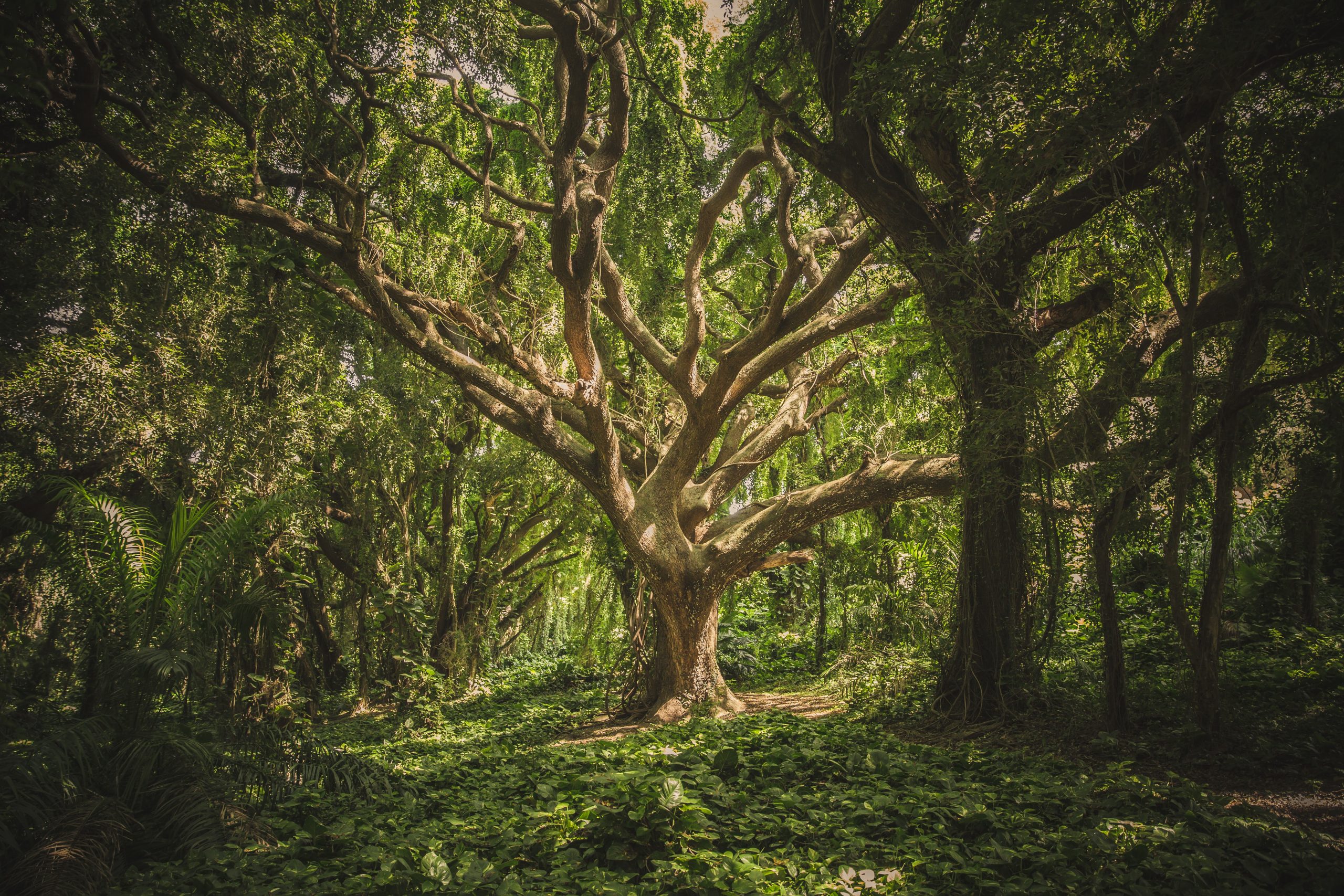Last week, newspapers and social media were awash with distressing images of raging, red fires and swirling rivers flooding unsuspecting towns. These images accompanied headlines quoting the IPCC’s latest report that issued a ‘code red’ for humanity. I read so many blogs, tweets and status updates where people were (and still are) trying to process the findings of this report. The overwhelming feeling is one of hopelessness, powerlessness, and frustration. I feel the same way.
This crisis is most definitely a challenge we will have to face as a collective. There is a lot that needs addressing in terms of policy and structural changes. At the same time, it is a challenge for the individual too. For me, the challenge is to maintain hope in the power of the individual.
The report states that humans are ‘unequivocally’ responsible for heating the planet. Don’t we then have the unequivocal power to change it? We must continue to believe in that agency. But how do we, individuals, those of us who are not in seats of power, keep this sense of agency alive? Especially when headlines like this one “Latest IPCC Report Predicts Disaster – Yet Again. But Not Much Will Happen – Yet Again.” lull us into a sense of futility. A sense that nothing we do will make an iota of difference anyway.
Reclaiming agency
Around the time the report came out I was reading the book Hope is a decision by Daisaku Ikeda, a Buddhist Philosopher and in it, he writes: “An ancient Japanese Poet wrote, “Poems arise as ten thousand leaves of language from the seeds of people’s hearts”. Our planet is scarred and damaged, its life systems facing possible collapse. We must shade and protect the Earth with “leaves of language” arising from the depths of life. Modern civilization will be healthy only when the poetic spirit regains its rightful place.”
Could we reclaim our sense of agency and salvage our planet with odes to its unimaginable beauty and generosity? Sir Mark Rylance said something similar in an article in the Guardian a few months ago when he called for the arts to help solve the climate crisis by telling stories that persuade people to ‘fall in love with nature’.
The peculiar power of poetry
For centuries different cultures have been using poetry as a means of communication. Many of the Buddha’s teachings were documented in the form of poetry by his disciples. Like music, there is a peculiar power in poetry.
What if we, not just Hollywood, Bollywood or the publishing industry, incorporated more poetry in our communications? What if we were to give poetry its rightful place in mainstream communication? Through it, we would have to confront our relationship with nature, because it certainly needs some work. The form it takes doesn’t need to be anything other than what you’d like it to be. Nothing grand.
We could use it, not to judge whether someone might be the next T.S Elliot, but to simply speak of the Earth in a different language. The pandemic has already frazzled our nerves and made us extraordinarily anxious. I believe there is a growing need for a lighter touch in how we communicate about the climate crisis. An approach that has less yelling and despair. Something softer, something more heartfelt to inspire change. And, while writing from the heart, where most poetry comes from, we might also be able to regain some of the agency that seems to elude us. Perhaps, then with each verse, as Daisaku Ikeda writes, we could slowly start to create those ‘leaves of language’ with which we could shade our planet.
In that vein, I wrote a poem (below) for a tree I had grown to love outside my window. It had to be cut down. I must admit it really did come from the heart and writing it did give me a peculiar power.
Standing Tall
My sister sighed as she fell,
The wind whispered her a farewell,
Did they know what they’d done?
Did they know she’d loved them well?
My family before me was razed,
One by one, I felt their roots shrivel,
We were all connected once,
Now all that has been erased.
They will come for me too, I know,
Until that day comes nowhere will I go,
This isn’t just my woe, I know,
I feel you bleed too, you’re all not my foe.
Until they come, I’ll stand tall,
I’ll do what I can to protect you all,
They will come for me too, I know,
But don’t worry, until that day comes nowhere will I go.

